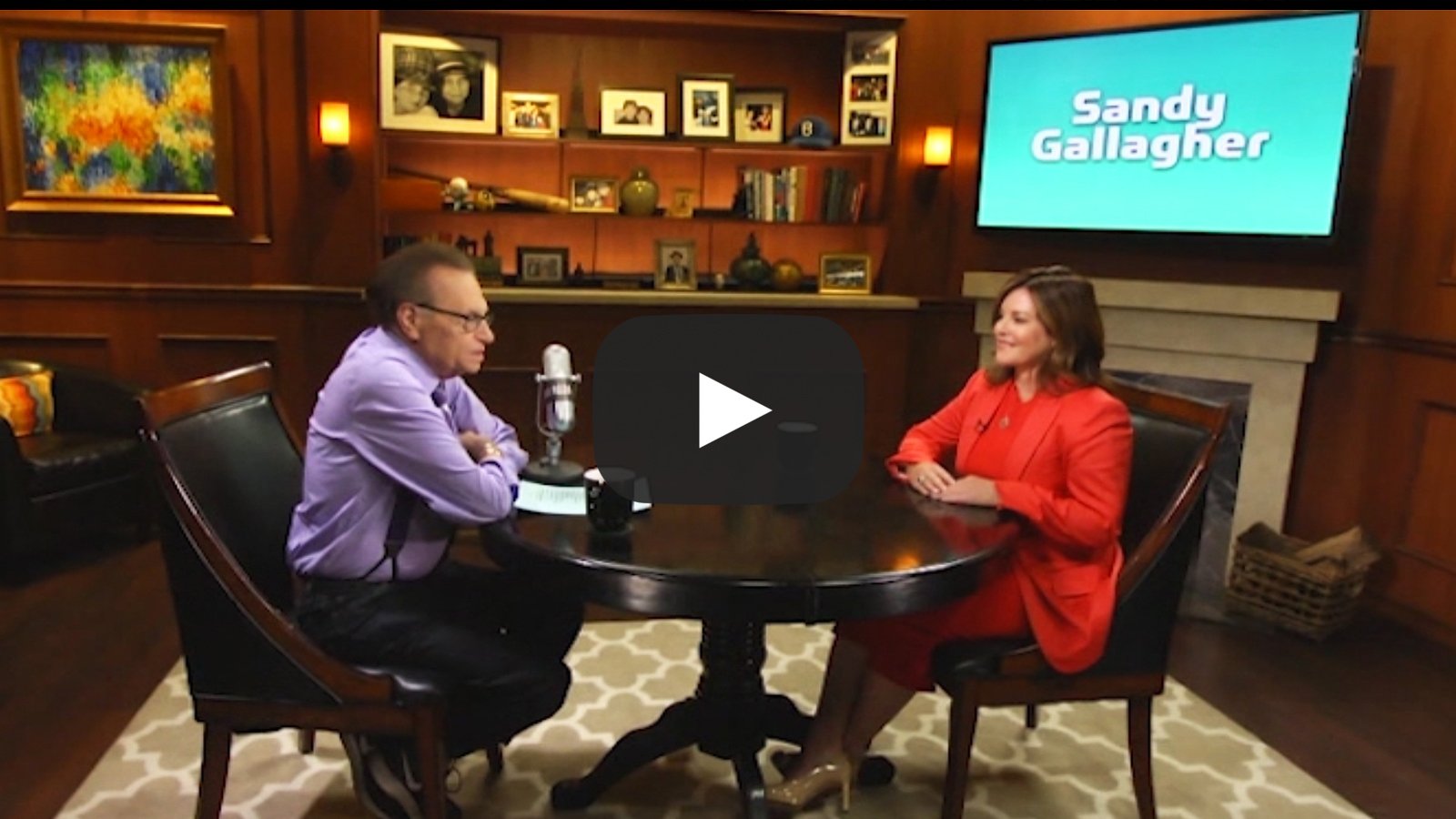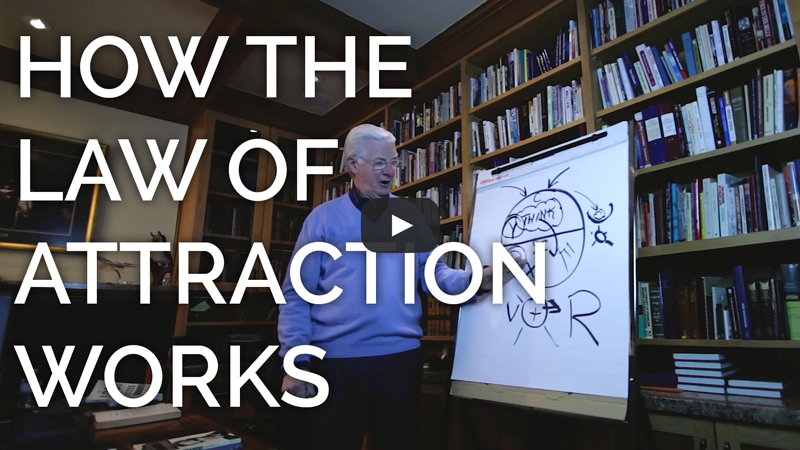How do you want to live?
As a good person?
Is that the most you want for your life?
Of course not.
You want to be at the top of your game. To live better than you ever imagined.
I couldn’t agree more.
But, how do you accomplish that?
How do you increase your productivity and minimize the unimportant things that are currently taking up so much of your time?
You create a new routine to replace the old one.
Get focused
You essentially walk away. Not from the things that need to get done, but from thoughts that need to die.
Here’s a remarkable exercise that helps you accomplish that.
Get a pad of paper and write down six exciting goals that you would like to complete as soon as possible. Don’t wimp out on yourself here—go big!
Don’t concern yourself with how you will achieve anything on the list—even if you’re not sure how you can possibly do them. Just make sure each one means a lot to you.
Now, pick the goal that you want the most.
Got it?
Good.
Working on the premise that the subconscious mind can only accept what the conscious mind turns over to it, and knowing that it has no ability to distinguish between something imagined or something factual, take the following steps:
First, describe the goal in detail and choose a completion date.
Second, write out why you want to accomplish this goal. What does it mean to you? How will your life change when you achieve it?
Third, sit back, close your eyes and turn to the movie screen of your glorious mind. Picture yourself after you’ve achieved this goal. Where are you? Who is around you? What are you doing every day? How do you feel?
Write it all out and picture yourself already being, doing and having everything you want.
By doing so, you are becoming emotionally involved with what your desire. You begin to want it more. You start to think about it more. And your mind begins to come to your aid, helping you with new thoughts and ideas as well as increasing your awareness of the many supportive cues and opportunities that arise along the path.
Meanwhile, you’ve set the energy of the universe in motion. It is always waiting to help you create. That is, after all, what the universe specializes in – the constant creation of good. So, as you begin to move toward your goal, it begins to move toward you…
You start to meet people serendipitously who will have a hand in helping you achieve your goal. You come across entities or funding that can help you on your way. Complete strangers inexplicably begin working with you, helping you move toward your goal.
Picture all this coming your way often and get excited. Albert Einstein said, “Imagination is more important than knowledge, for knowledge is limited while imagination embraces the entire world.”
Next is the fourth step, which is writing down any steps you can think of to get you started. When you’re finished, prioritize the items on your list.
Robert J. McKain said, “Set priorities for your goals. A major part of successful living lies in the ability to put first things first. Indeed, the reason most major goals are not achieved is that we spend our time doing second things first.”
And finally, here’s the fifth and final step…
Get moving!
Up to this point you’ve been walking away from the thoughts that need to die so you can do the things that need to be done.
And now, you’re ready for productive action.
You can start today by taking the first step on your list, which is the most critical step. This is what gets the ball rolling.
Then tonight, decide what your goal-oriented tasks will be tomorrow. Reserve specific times in your day to complete these tasks. Keep your mind open to the creative energy that is always flowing to and through you. You may come up with new and better actions to move you closer to your goal.
Thirty minutes here, 10 minutes there, and another 20 minutes later might not appear significant, but those short, focused segments of time add up. One hour a day adds up to nine 40-hour weeks in one year!
It’s not rocket science
Individuals who control their time, meaning they manage their tasks, live successful, well-balanced lives. They plan their lives this way because they know the only way to get where they are headed is to decide what they do with their time.
One day, an athlete told me about a valuable lesson one of his high school coaches taught him.
The coach had a “Turn Back Time” practice that he’d employ when players showed up late to the field.
If a player was three minutes late, the coach turned his watch back three minutes … if he was 10 minutes late, the watch went back 10 minutes. The entire team would then stay through that extended time frame to complete the tightly scheduled practice.
It was a simple lesson in punctuality and the value of time. Yet, for this athlete, it became a beneficial activity years later in his daily work.
To this day, when he’s pulled off course for an unscheduled matter during his packed day of activity, he records the time it takes for this interruption, then adds the time to the end of his day.
It took only a few instances of adding twenty minutes or fifty-five minutes to his day to teach him a great lesson…
He learned to analyze the incoming, unexpected “panic” first, and then decide on whether it truly needed to be addressed right then and there, if it could be delegated to someone else or if it could be added into his regular schedule a day or two later.
I encourage you to do the same. As you move through your day, analyze any distractions and “emergencies” before acting.
Starting today, keep in mind that the words “time” and “life” are synonymous. When you waste one, you have wasted the other. When you get full value out of one, you also get full value out of the other.
Now, get out there and take control of your day.
To your success,
Bob Proctor







